Climate crisis: Senegalese women struggle to access contraception and reproductive health

By 2080 up to 75 per cent of Senegal’s coastline will be at risk of coastal erosion and up to 150,000 people will have to relocate. Across West Africa’s coastal cities, home to 105 million people, many women face a similar threat.
The Joal-Fadiouth region in southern Senegal has been significantly impacted by climate change in recent years. A decrease in rainfall and a rise in water temperature in the mangroves has led to increased salinity of the water. This, combined with an influx of sea water and algae into the mangroves, due to rising sea levels and erosion, has meant that many species of fish and shellfish that used to flourish have declined.
This is impacting and threatening the livelihoods of the communities that live off the mangroves, who are often forced to harvest shellfish prematurely to avoid them being destroyed by the algae, and have to work harder and go further for their catch in order to make a living and support their families.
As women working in and around the mangroves have told MSI Reproductive Choices (formerly Marie Stopes International), getting pregnant during a crisis is often the last thing they would have wanted, preventing them from being able to do the work on which their families depend, and adding to their pressures with additional mouths to feed, medical bills and so on.
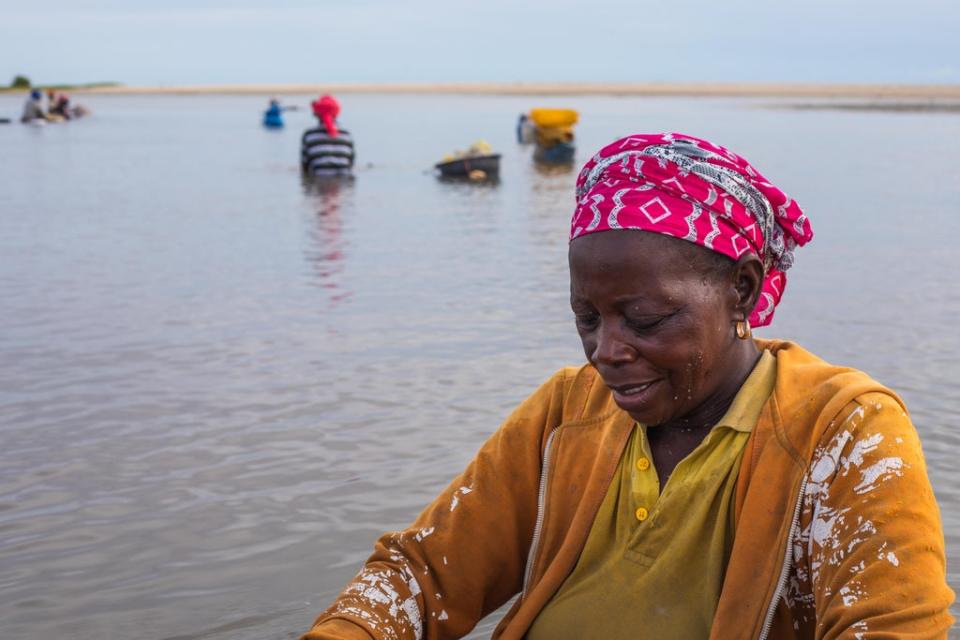
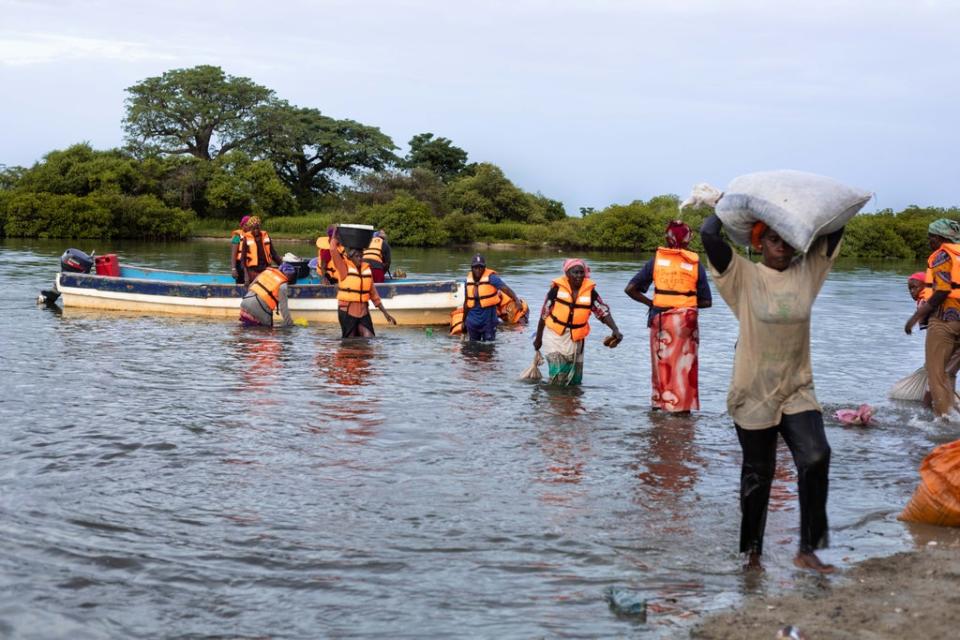
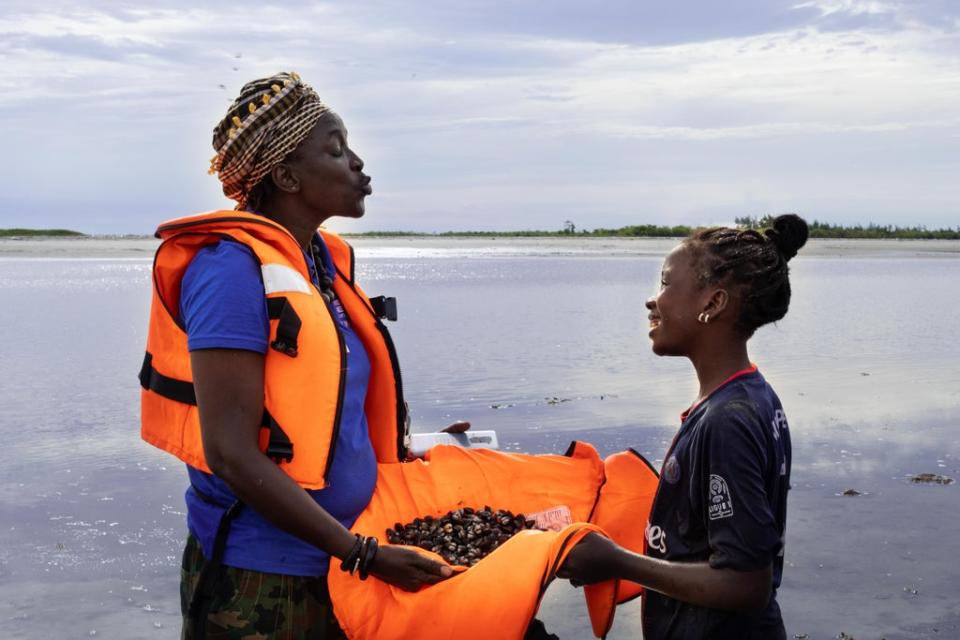
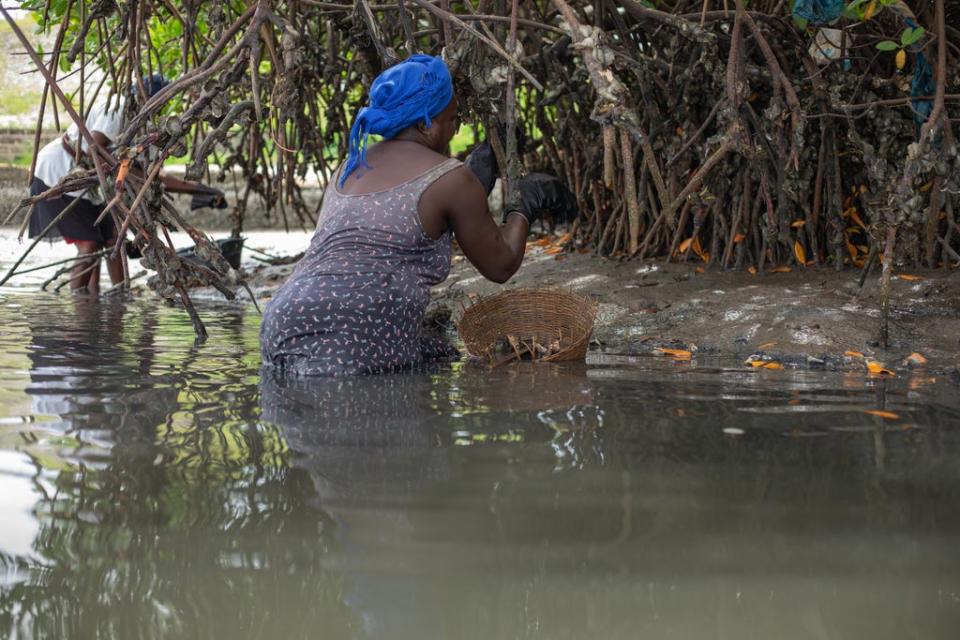

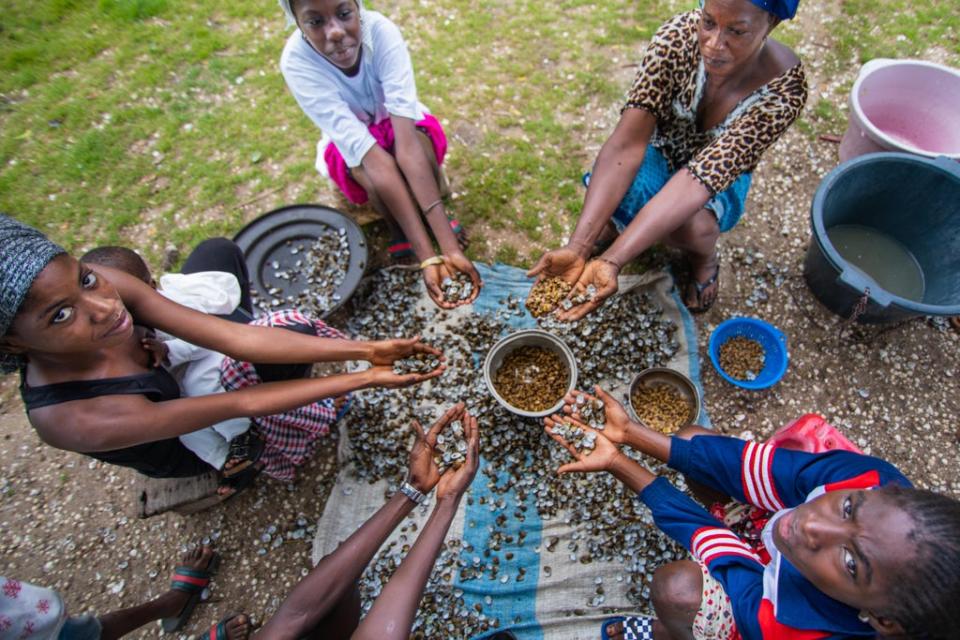
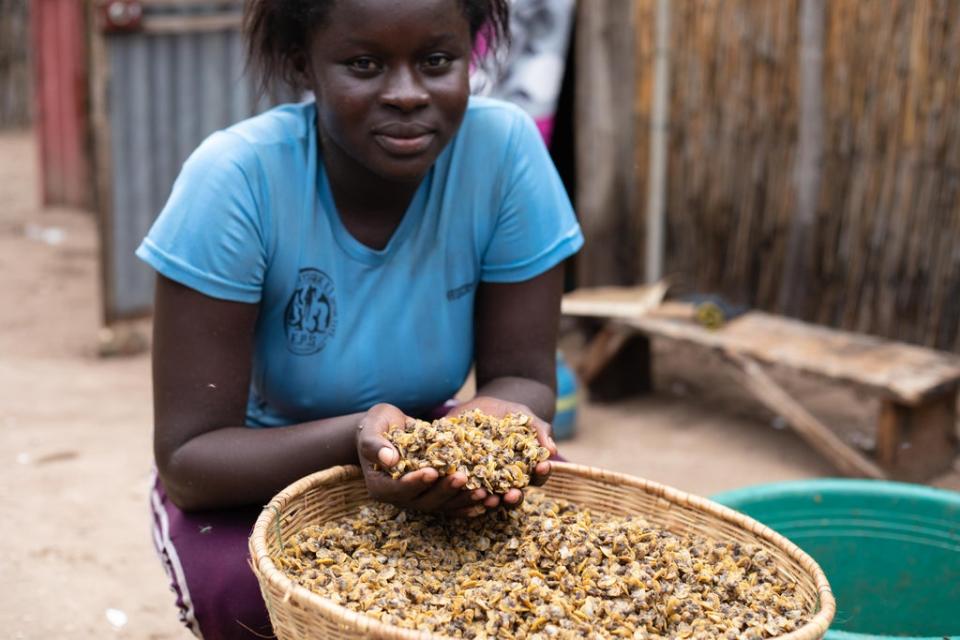
Access to contraception is helping women in fishing and shellfish harvesting communities around the mangroves to choose if and when to get pregnant, building their resilience to climate challenges, and enabling them to actively participate in the solutions needed to adapt to the rapidly changing environment around them. Local associations for women that harvest cockles, oysters and other shellfish in the region run periodic planting activities to restore and regrow the mangroves, which serve as important carbon sinks, absorbing CO2 from the atmosphere. Through participating in these activities, they help protect this unique and delicate local ecosystem – an economic lifeline for these communities.
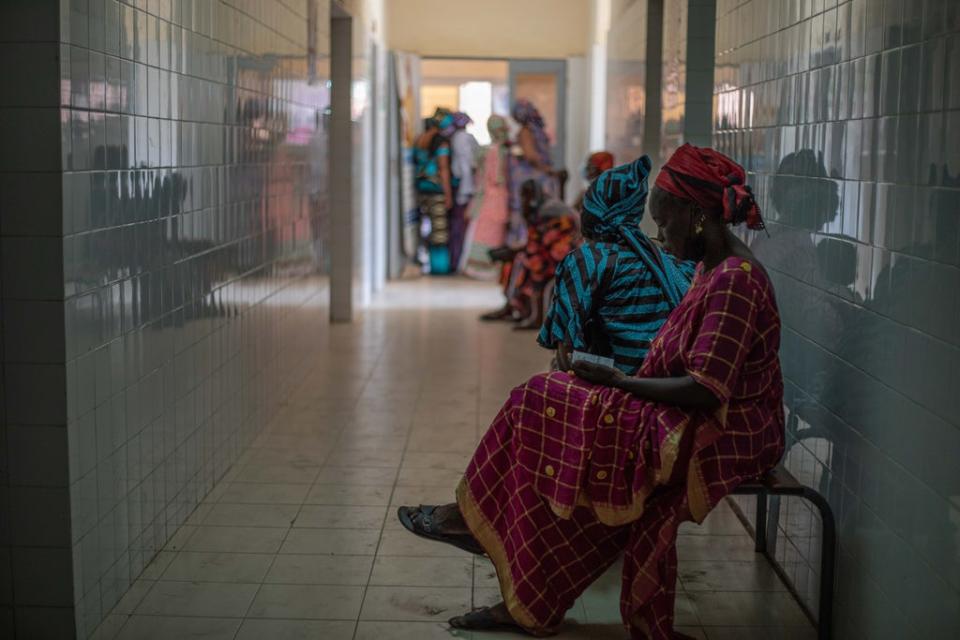
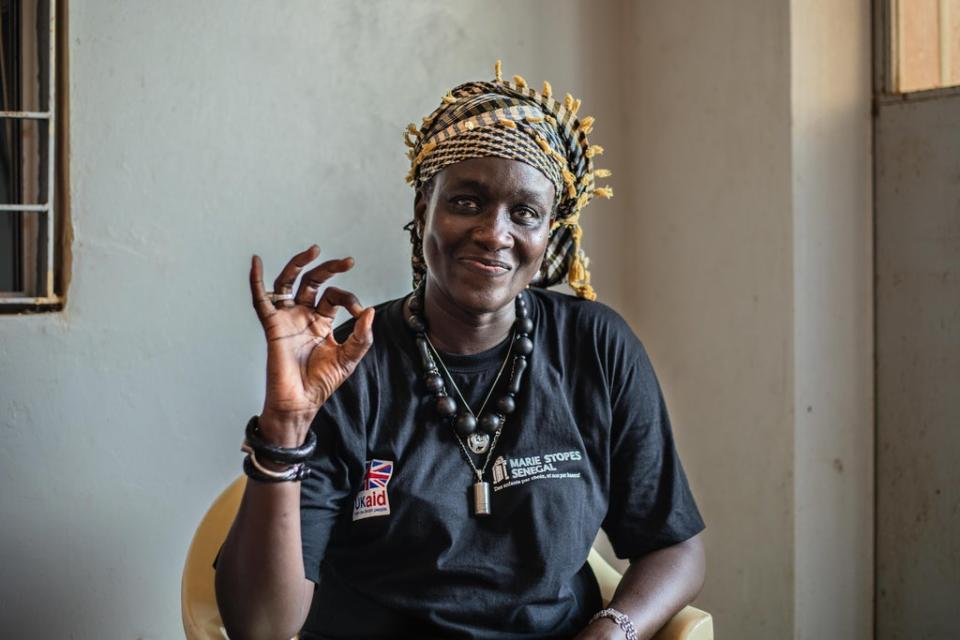

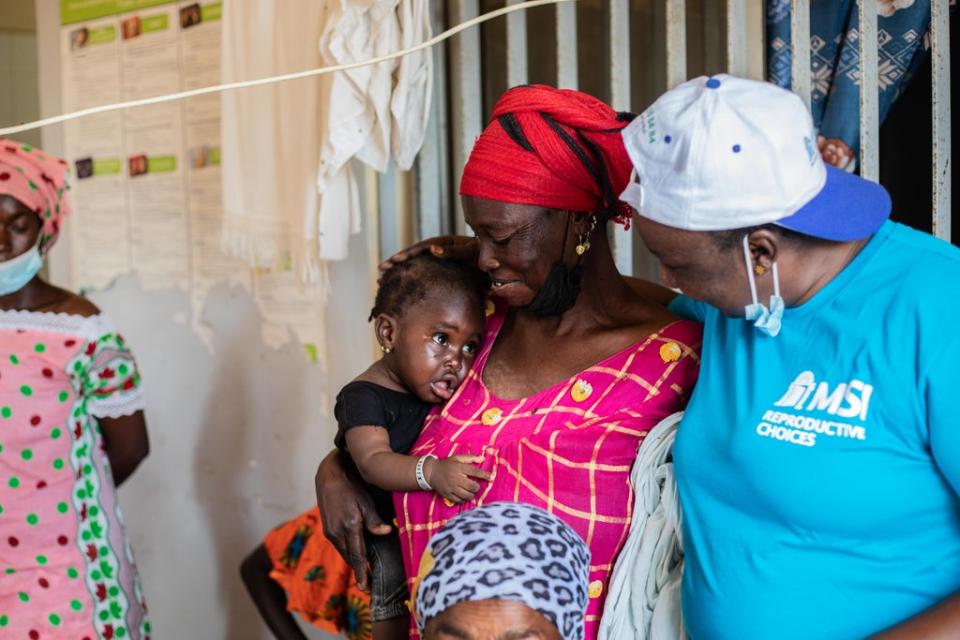
Analysis from MSI, across 26 countries where it works, has found that since 2011 an estimated 11.5 million women have had their access to contraception disrupted due to climate-related displacement. Unless contraceptive access is protected, the global safe abortion and contraception provider expects this number to rise to 14 million over the next decade.
Supporting women on the frontline of the crisis to adapt with reproductive choice
Around the COP26 climate conference, there is a focus on mobilising $100bn per year to support low-income countries to respond to climate change. MSI Reproductive Choices is joining 65 partners in calling on governments and donors to integrate sexual and reproductive healthcare and rights into these funding commitments to support women and girls to adapt to the impacts they are facing today, from famine in Madagascar to coastal erosion in Senegal.
To find out more about MSI’s work, please click here
Read More
Sierra Nevada lakes change more in past 100 years than three millennia
How the climate crisis played a role in fueling Hurricane Ida
Against the odds: The fight to save sea turtles in Ras Baridi
Government launches Duke of Edinburgh-style climate awards for schoolchildren
How eco-friendly are UK offices?
Cost of climate crisis in developing world to far exceed aid, says UN report

 Yahoo News
Yahoo News 
